Search
Search Results
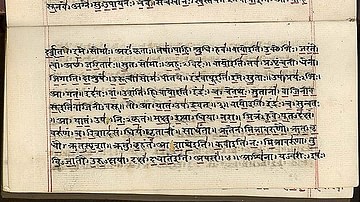
Definition
The Vedas
The Vedas are the religious texts which inform the religion of Hinduism (also known as Sanatan Dharma meaning “Eternal Order” or “Eternal Path”). The term veda means “knowledge” in that they are thought to contain the fundamental knowledge...
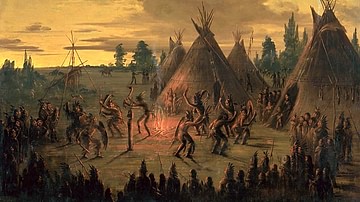
Definition
Native Peoples of North America
The Native Peoples of North America (also known as American Indians, Native Americans, Indigenous Americans, and First Americans) are the original inhabitants of North America believed to have migrated into the region between 40,000-14,000...
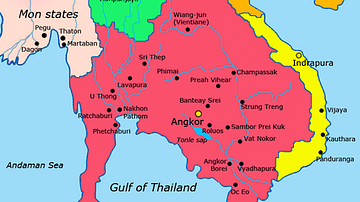
Definition
Khmer Empire
The Khmer empire was a powerful state in South East Asia, formed by people of the same name, lasting from 802 CE to 1431 CE. At its peak, the empire covered much of what today is Cambodia, Thailand, Laos, and southern Vietnam. By the 7th...
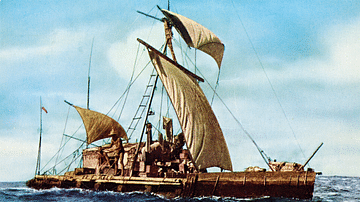
Definition
Kon-Tiki Expedition - Thor Heyerdahl's Epic Crossing of the Pacific in a Raft
The Kon-Tiki expedition of 1947, led by the Norwegian Thor Heyerdahl (1914-2002), successfully crossed 8,000 km (5,000 miles) of the Pacific Ocean from Peru to the Tuamotu Islands on a balsa-wood raft. The aim of the expedition was to demonstrate...
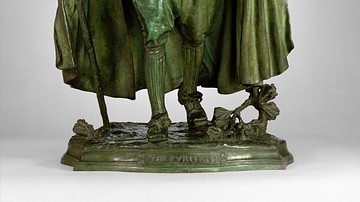
Definition
Puritans
The Puritans were English Protestant Christians, primarily active in the 16th-18th centuries CE, who claimed the Anglican Church had not distanced itself sufficiently from Catholicism and sought to 'purify' it of Catholic practices. The term...
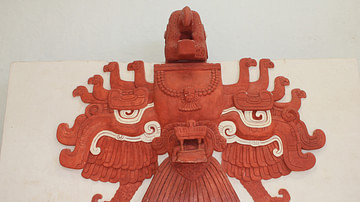
Definition
Popol Vuh
The Popol Vuh is the story of creation according to the Quiche Maya of the region known today as Guatemala. Translated as `The Council Book', The Book of the People' or, literally, `The Book of the Mat', the work has been referred to as "The...
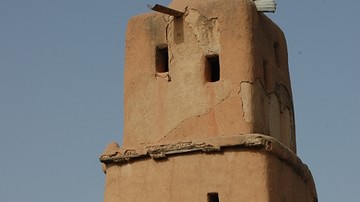
Definition
Hausaland
Hausaland, sometimes referred to as the Hausa Kingdoms, was a group of small independent city-states in northern central Africa between the Niger River and Lake Chad which flourished from the 15th to 18th century CE. The origins of the Hausa...
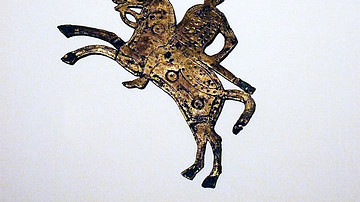
Definition
Lombards
The Lombards were a Germanic tribe that originated in Scandinavia and migrated to the region of Pannonia (roughly modern-day Hungary). Their migration is considered part of "The Wandering of the Nations" or "The Great Migration", which was...

Article
The Vikings in Iceland
The medieval sources on the discovery and settlement of Iceland frequently refer to the explorers as “Vikings” but, technically, they were not. The term “Viking” applies only to Scandinavian raiders, not to Scandinavians generally. Some of...

Article
The Celtic Invasion of Greece
Between the 5th and 4th centuries BCE, Celtic tribes moved en masse into southern Europe, intent on seizing land and wealth to feed their swelling numbers. As these tribes began crossing the Alps, they came into conflict with the Romans and...